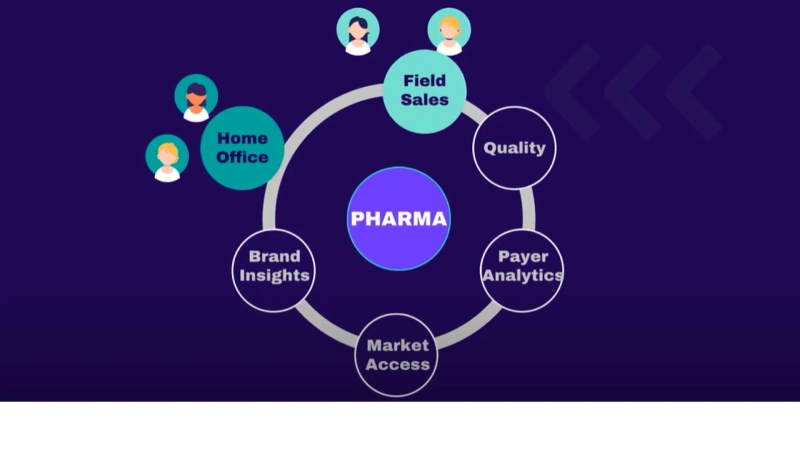Creating a comprehensive description for "Transforming Sales Strategy: The Power of Field Sales Analytics" involves highlighting the pivotal role of analytics in enhancing sales effectiveness and efficiency. Here’s a detailed overview:
Introduction to Field Sales Analytics
Field sales analytics represents a transformative approach in modern sales strategies, leveraging data-driven insights to optimize sales processes, enhance decision-making, and drive revenue growth. In today’s competitive landscape, businesses across industries are increasingly turning to analytics to gain a competitive edge and maximize their sales potential.
Understanding the Role of Analytics in Sales Transformation
1. Data-Driven Decision Making:
Field sales analytics empowers organizations to make informed decisions based on real-time data insights. By analyzing customer preferences, purchasing patterns, and market trends, businesses can tailor their sales strategies to meet specific customer needs effectively.
2. Sales Performance Optimization:
Analytics provides deep visibility into sales performance metrics such as conversion rates, sales cycles, and customer acquisition costs. By identifying key performance indicators (KPIs), sales teams can pinpoint areas for improvement and implement targeted strategies to boost productivity and efficiency.
3. Customer Segmentation and Targeting:
Through advanced analytics techniques, businesses can segment their customer base more effectively. By understanding customer demographics, behaviors, and preferences, sales teams can personalize their approach, enhance engagement, and build stronger, long-lasting customer relationships.
Implementing Field Sales Analytics Strategies
1. Integration of Data Sources:
Successful implementation of field sales analytics requires integrating data from multiple sources such as CRM systems, marketing platforms, and sales reports. This integrated approach provides a holistic view of the sales pipeline and ensures data accuracy for meaningful analysis.
2. Utilization of Predictive Analytics:
Predictive analytics enables sales teams to forecast future trends and customer behavior based on historical data. By leveraging predictive models, businesses can anticipate market demands, identify potential opportunities, and proactively address challenges before they arise.
3. Real-Time Reporting and Visualization:
Real-time reporting dashboards and data visualization tools play a crucial role in field sales analytics. These tools enable sales managers and executives to track performance metrics, monitor sales activities, and gain actionable insights instantly, fostering agile decision-making processes.
Case Studies and Success Stories
1. Company X:
Company X implemented a field sales analytics platform that integrated data from their CRM system and sales transactions. By analyzing customer interactions and purchase patterns, they identified upsell opportunities and optimized their sales processes, resulting in a 15% increase in sales revenue within six months.
2. Company Y:
Company Y utilized predictive analytics to forecast market trends and customer preferences. By aligning their product offerings with consumer demands, they achieved a 20% growth in market share and strengthened their competitive position in the industry.
Future Trends in Field Sales Analytics
1. AI and Machine Learning:
The integration of artificial intelligence (AI) and machine learning algorithms will further enhance the capabilities of field sales analytics. These technologies will automate data analysis, provide actionable insights in real-time, and enable sales teams to focus more on strategic initiatives and relationship-building activities.
2. Enhanced Data Security and Privacy:
As businesses collect and analyze increasing amounts of customer data, ensuring data security and privacy will remain a top priority. Compliance with data protection regulations such as GDPR and CCPA will be essential to maintaining customer trust and loyalty.
Conclusion
In conclusion, "Transforming Sales Strategy: The Power of Field Sales Analytics" underscores the transformative impact of analytics on modern sales practices. By harnessing the power of data-driven insights, businesses can optimize sales performance, enhance customer relationships, and achieve sustainable growth in a competitive market environment. Embracing field sales analytics as a strategic imperative will empower organizations to stay ahead of the curve and drive innovation in their sales strategies.



